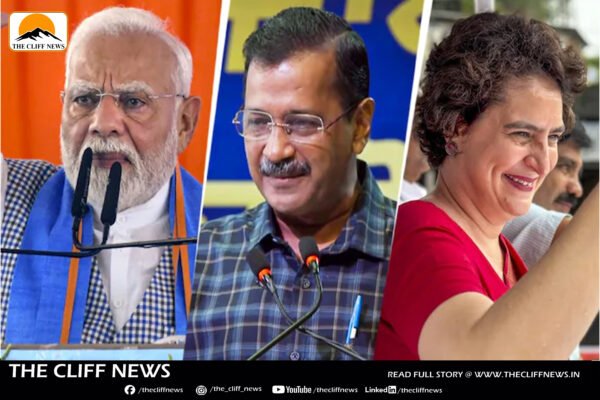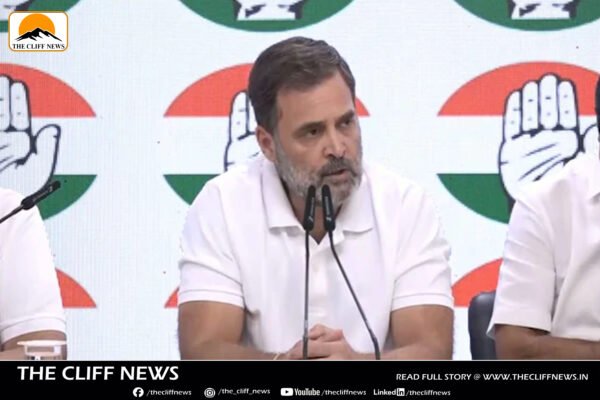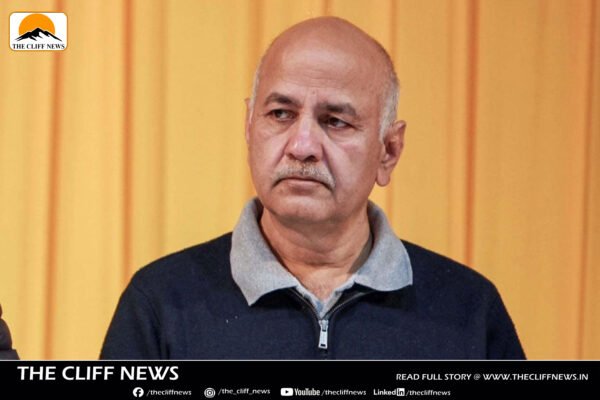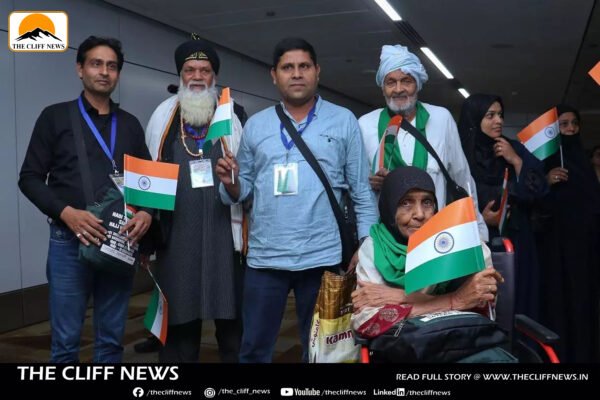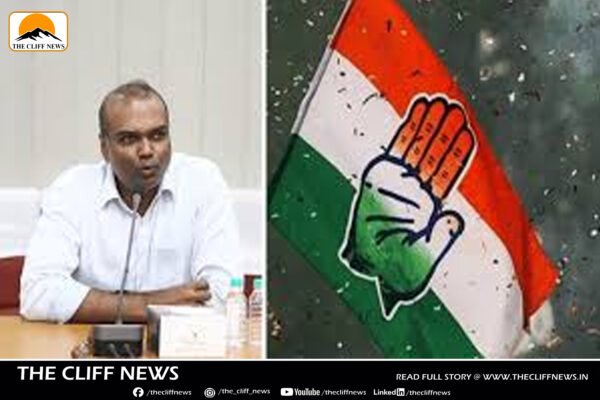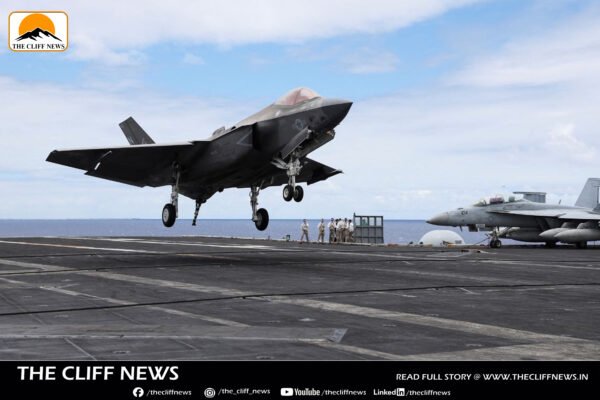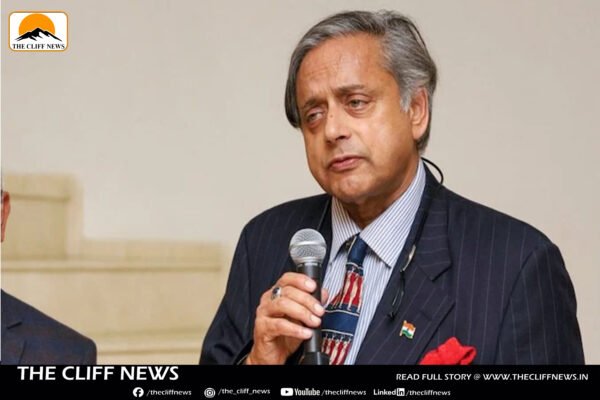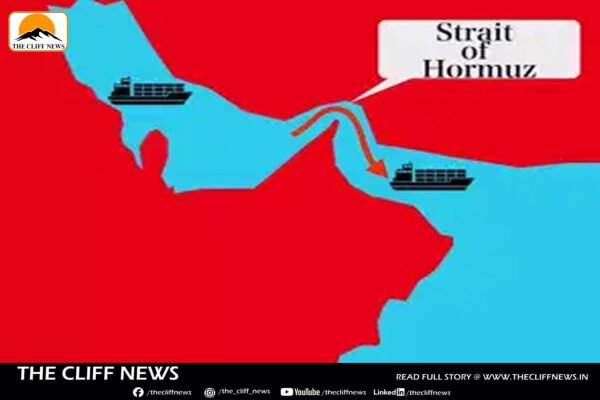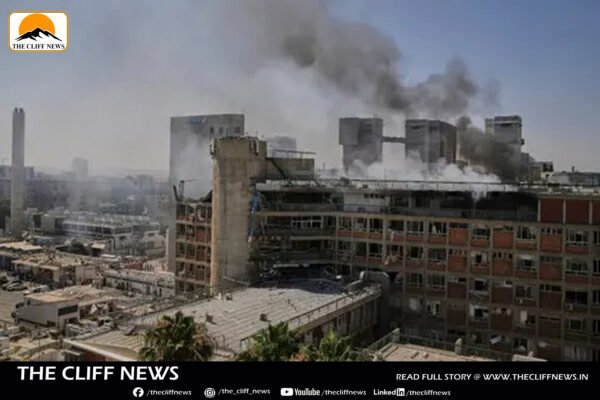उपचुनाव परिणाम: नीलांबुर में कांग्रेस की बड़ी जीत, गुजरात में AAP ने किया चौंकाने वाला प्रदर्शन
केरल के नीलांबुर विधानसभा सीट पर कांग्रेस नीत यूनाइटेड डेमोक्रेटिक फ्रंट (UDF) ने भारी जीत दर्ज की है, वहीं गुजरात की विसावदर सीट पर आम आदमी पार्टी (AAP) ने सभी को चौंकाते हुए सीट अपने नाम की। इसके अलावा पंजाब की लुधियाना वेस्ट सीट पर AAP आगे चल रही है, जबकि पश्चिम बंगाल के कालिगंज में तृणमूल कांग्रेस बढ़त बनाए हुए है। बीजेपी को फिलहाल सिर्फ गुजरात की कड़ी सीट पर बढ़त हासिल है। नीलांबुर उपचुनाव: कांग्रेस का प्रतिष्ठा का संग्राम केरल की नीलांबुर सीट कांग्रेस के लिए प्रतिष्ठा का विषय बनी हुई थी, क्योंकि यह प्रियंका गांधी वाड्रा के वायनाड लोकसभा क्षेत्र के अंतर्गत आती है। इस सीट से कांग्रेस उम्मीदवार आर्यादन शौकत ने एलडीएफ प्रत्याशी एम. स्वराज को 11,000 से अधिक वोटों से हराया। शौकत को 77,737 वोट मिले जबकि स्वराज को 66,660 वोट प्राप्त हुए। यह जीत कांग्रेस नीत यूडीएफ के लिए 2026 के विधानसभा चुनावों से पहले एक मनोबल बढ़ाने वाला परिणाम है। यह और खास हो जाता है क्योंकि नीलांबुर पर लंबे समय से वामपंथियों का कब्जा रहा है। यह सीट पहले वाम समर्थित निर्दलीय विधायक पीवी अनवर के पास थी, जिन्होंने मुख्यमंत्री पिनाराई विजयन से मतभेद के चलते इस्तीफा दे दिया था और बाद में तृणमूल कांग्रेस में शामिल हो गए थे। पंजाब उपचुनाव: लुधियाना वेस्ट में AAP आगे पंजाब की लुधियाना वेस्ट सीट पर आम आदमी पार्टी के उम्मीदवार और पूर्व राज्यसभा सांसद संजीव अरोड़ा को बढ़त हासिल है। कांग्रेस के भरत भूषण आशु दूसरे स्थान पर हैं, जबकि भाजपा प्रत्याशी जीवन गुप्ता तीसरे स्थान पर हैं। यह सीट AAP विधायक गुरप्रीत बसी गोगी की आत्महत्या के बाद खाली हुई थी। यह उपचुनाव AAP के लिए अहम है क्योंकि दिल्ली विधानसभा चुनावों में हार के बाद पार्टी पहली बार पंजाब में खुद को परख रही है। अरविंद केजरीवाल और मनीष सिसोदिया सहित AAP नेतृत्व ने अरोड़ा के समर्थन में जमकर प्रचार किया। गुजरात उपचुनाव: विसावदर में AAP को बढ़त, कड़ी में भाजपा आगे गुजरात की विसावदर सीट पर AAP के गोपाल इटालिया ने शुरुआती पिछड़ने के बाद बढ़त बना ली है। भाजपा के कीर्ति पटेल और कांग्रेस के नितिन रनपरिया यहां मुकाबले में हैं, लेकिन तीसरे स्थान पर चल रहे हैं। यह सीट 2023 में AAP विधायक भूपेंद्र भायानी के इस्तीफे और भाजपा में शामिल होने के बाद खाली हुई थी। दूसरी ओर, मेहसाणा जिले की अनुसूचित जाति के लिए आरक्षित कड़ी सीट पर भाजपा को 16,000 से अधिक वोटों की बढ़त है। यह सीट भाजपा विधायक कर्सन सोलंकी के निधन के बाद फरवरी में खाली हुई थी। यहां भाजपा से राजेंद्र चावड़ा, कांग्रेस से रमेश चावड़ा और AAP से जगदीश चावड़ा मैदान में हैं। पश्चिम बंगाल उपचुनाव: कालिगंज में TMC की मजबूत पकड़ नदिया जिले की कालिगंज सीट पर तृणमूल कांग्रेस की उम्मीदवार अलिफा अहमद को निर्णायक बढ़त हासिल है। उनके पिता और TMC विधायक नसीरुद्दीन अहमद के निधन के बाद यह उपचुनाव हो रहा है। यहां भाजपा ने आशीष घोष को मैदान में उतारा है, जबकि कांग्रेस से काबिल उद्दीन शेख चुनाव लड़ रहे हैं। यह सीट मुस्लिम बहुल क्षेत्र है, जहां लगभग 54 प्रतिशत मुस्लिम मतदाता हैं। आगामी विधानसभा चुनाव से पहले यह उपचुनाव ममता बनर्जी की तृणमूल कांग्रेस और भाजपा के बीच अहम मुकाबले के रूप में देखा जा रहा है। इन उपचुनावों के नतीजे भाजपा और INDIA गठबंधन दोनों के लिए भविष्य की राजनीतिक दिशा तय करने वाले साबित हो सकते हैं। वहीं, AAP के प्रदर्शन ने राजनीतिक विश्लेषकों को एक बार फिर ध्यान देने पर मजबूर कर दिया है।
